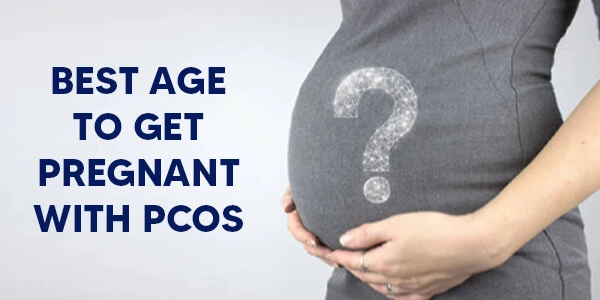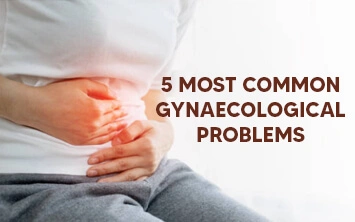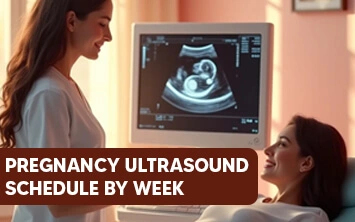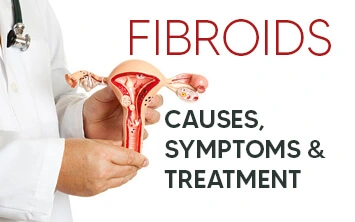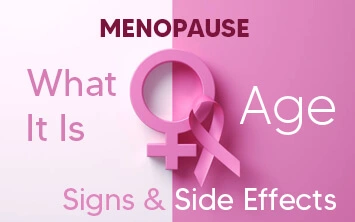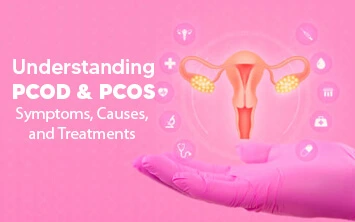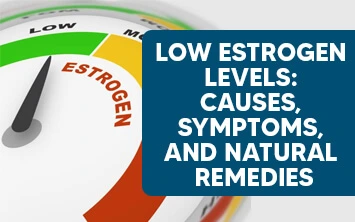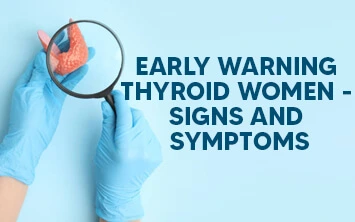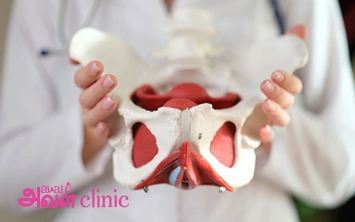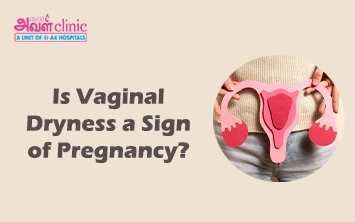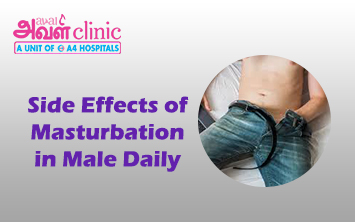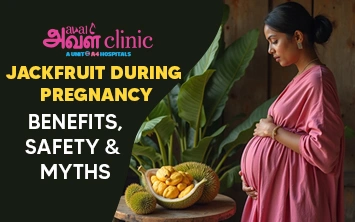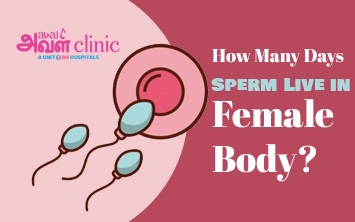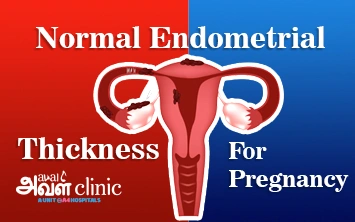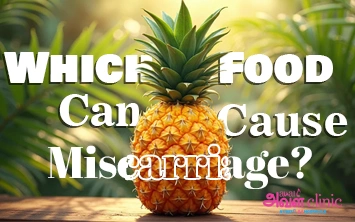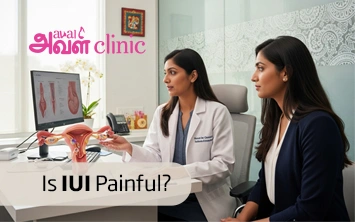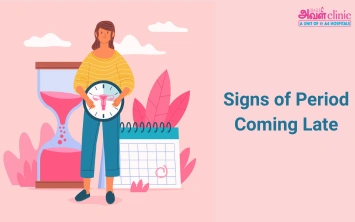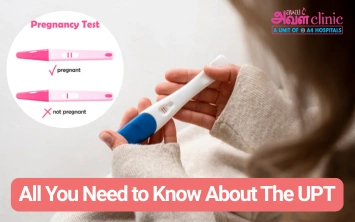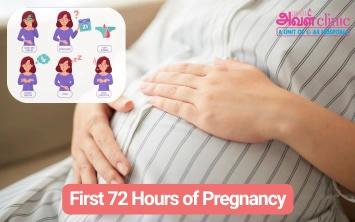Published on: February 19, 2025
Author: Admin
Getting pregnant with PCOS
Polycystic ovarian syndrome (PCOS) is one of the most common hormonal conditions in women. The condition generally develops at their reproductive age, which is between 16 and 40 years. Women with PCOS may not be aware that they have this medical condition until they plan for the pregnancy.
The symptoms of the condition may not be evident among all women. Although, when noticed they tend to fluctuate over the period. The PCOS condition can lead to irregular menstrual cycle, excess androgen levels, hormonal imbalance and cysts in the ovaries. Apart from various health complications, PCOS can result in infertility. The condition can make women struggle even at their best age to get pregnant with pcos. However, some women will be able to get pregnant with the condition, yet they can experience complications during their pregnancy period.
The complications in women
Unfortunately, being pregnant with PCOS condition can contribute to more complications in both mothers and babies. The complications of the condition may vary from person to person. However, they may not be evident among all women, but they tend to fluctuate most often.
Women with the condition most often develop medical conditions such as:
- Hypertension (high blood pressure)
- Type 2 diabetes
- Heart condition
- High cholesterol
- Stroke
- Sleep apnea
- Endometrial cancer
Apart from the physical condition, PCOS can also cause mental health disorders including depression, anxiety, and eating disorders in women.
The complications in babies
The potential complications with PCOS for the baby include:
- Larger in size than its gestational age
- Premature birth
- Miscarriage
- Low Apgar score
Polycystic ovarian syndrome (PCOS) is a chronic medical condition. The actual cause of the medical condition is still unknown by experts. However, women with type 2 diabetes and hereditary are at increased risk.
In this blog, let’s discuss more about how to get pregnant with PCOS.
How PCOS Impacts Fertility
PCOS is a hormonal disorder, which leads to the significant cause of infertility. Infertility happens when ovaries in women fail to release an egg. The process is typically referred to as ovulation, and the condition is referred to as anovulation. Ovulation is the primary cause of being fertile in women.
Generally, the hormones released by the pituitary gland in the brain are responsible for controlling ovulation. These hormones are called luteinizing hormone (LH) and follicle-stimulating hormone (FSH). When the levels of these hormones fluctuate, it can interrupt the normal development and release of eggs from the ovaries. These unreleased eggs result in the formation of tiny cysts in the ovaries.
Ovulation disorder can generally lead to irregular menstrual cycle. To be diagnosed with polycystic ovarian syndrome (PCOS), a woman must have at least two of the following symptoms:
- Irregular, absent or unpredictable menstrual cycle.
- Heavy, long or no bleeding during the menstrual cycle.
- Hair thinning or male-like baldness.
- Acne on the face, back, and chest.
- Excessive growth of hair on the face and body.
- Gaining excessive weight, specifically around the abdomen.
- Skin conditions include skin tags, acne, or oily skin.
- Dark patches on the back of the neck, armpits, groin, and under the breasts.
Can you get pregnant with PCOS?
Yes, you can get pregnant with PCOS but proper medical help and certain changes in your lifestyle can increase the chances of conception.
Best Age to Get Pregnant with PCOS
When it comes to pregnancy, age plays a crucial role. The best age to get pregnant with PCOS is important to consider, as natural conception becomes harder with age due to a decline in both egg quantity and quality. Along with this, women who also have PCOS can struggle even harder to conceive.
However, the fertility treatment options can vary significantly between couples based on factors like age, cause of infertility, individual preferences, medical history, and the severity of the issue – meaning, the same treatment plan will not be suitable for all couples.
What is the best age to get pregnant with PCOS?
Experts advise that women with PCOS should consider getting pregnant at the earliest possible time. The best age to get pregnant with PCOS is typically in the late 20s to early 30.
Seeking fertility help from reputed specialists can enhance your possibility of getting pregnant with personalized treatment plans. After the complete examination, your healthcare specialist will determine and provide the appropriate treatment option that is precise for you.
Need expert advice? Consult our doctors now!
Call Now: 80047 80048How to Get Pregnant with PCOS Quickly
While PCOS can contribute to female infertility, the condition can most likely be treated in simple ways when compared to other infertility issues. The healthcare provider may come up with a plan to enhance your possibilities of conception. The plan may include medications, healthy eating, and losing weight.
The methods on how to get pregnant with pcos quickly naturally are as follows:
Weight Management
Managing your body weight is significant when it comes to treating fertility issues associated with PCOS. Maintaining a healthy weight can also help with excess hair growth or hirsutism and other symptoms of PCOS. In addition, losing weight can help to reduce insulin resistance in your body, which enhances the fertility chances.
Lifestyle Changes
Lifestyle changes for healthy living are associated with having a positive impact on your overall health. It can contribute to reducing pregnancy risks related to PCOS such as diabetes, miscarriage, heart disease and high blood pressure.
- Maintaining a healthy and balanced PCOS diet plan to get pregnant:
- Vegetables and fruits
- Whole grains such as quinoa, oatmeal, barley, brown rice, and farro
- Healthy fats such as vegetable oil, fish, seeds, and nuts
- Lean proteins such as fish and chicken
- Legumes such as lentils and beans
- Regular workouts
- Brisk walking
- Workouts
- Swimming or physical activity
- Manage stress levels
- Relaxation techniques such as yoga and meditation
- Avoid substances
- Quit smoking, alcohol, and drugs
Supplements and Vitamins
With a reputed healthcare professional’s personalized advice, you may consume certain supplements and vitamins to enhance your pregnancy chances. They are:
- Folic acid to improve baby’s brain development
- Iron to enhance the blood volume and supply oxygen to the fetus
- Vitamin D and Calcium for baby’s bone development
- Vitamin A to help with baby’s eye development
Medications
Based on your medical history and health requirements, your healthcare professional may suggest the appropriate and personalized medications to enhance your chances of getting pregnant with PCOS. The medications are helpful to stimulate your ovulation and menstrual cycle. The most commonly prescribed medications are:
- Metformin
Metformin is an oral pill used to manage diabetes or insulin resistance. Your healthcare provider may suggest this pill to enhance your ovulation and regulate your menstrual cycle.
- Letrozole or Clomid
Letrozole and Clomid are both oral pills used to help women with PCOS. These pills are used to stimulate ovulation. They are most likely the first-line medications prescribed by the healthcare provider for the condition associated with PCOS.
Note: The medications may vary depending on your health condition.
Fertility Treatment
If you are unable to get pregnant even with medications and other natural methods, a facility like Aval Clinics provides more advanced fertility treatment options. With these advanced treatments, physicians can offer a maximum PCOS pregnancy success rate. The options may include:
- Hormone injections – used to stimulate the growth and maturation of ovarian follicles. They are most likely the second-line treatment for infertility associated with PCOS.
- Ovarian drilling – a minimally invasive procedure to stimulate ovulation.
- In vitro fertilization (IVF) – a procedure that involves handling sperm and eggs to form an embryo in a laboratory setting.
- Intrauterine insemination (IUI) – a procedure that involves inserting sperm into the woman’s uterus directly.
There is no certain age to go through these fertility treatment options. Women of any age who desire to get pregnant can opt for these options. However, it's important to have a discussion with your healthcare provider on the risks and benefits of each option based on individual circumstances.
Summary
Women can get pregnant with PCOS. However, the complications and struggles are very real. Hence, it is recommended to have a proper diagnosis from the reputed fertility specialist, if you believe you might have PCOS. Lifestyle changes and weight management combined with appropriate medical treatments can greatly enhance your chances of getting pregnant if fertility is a concern.

